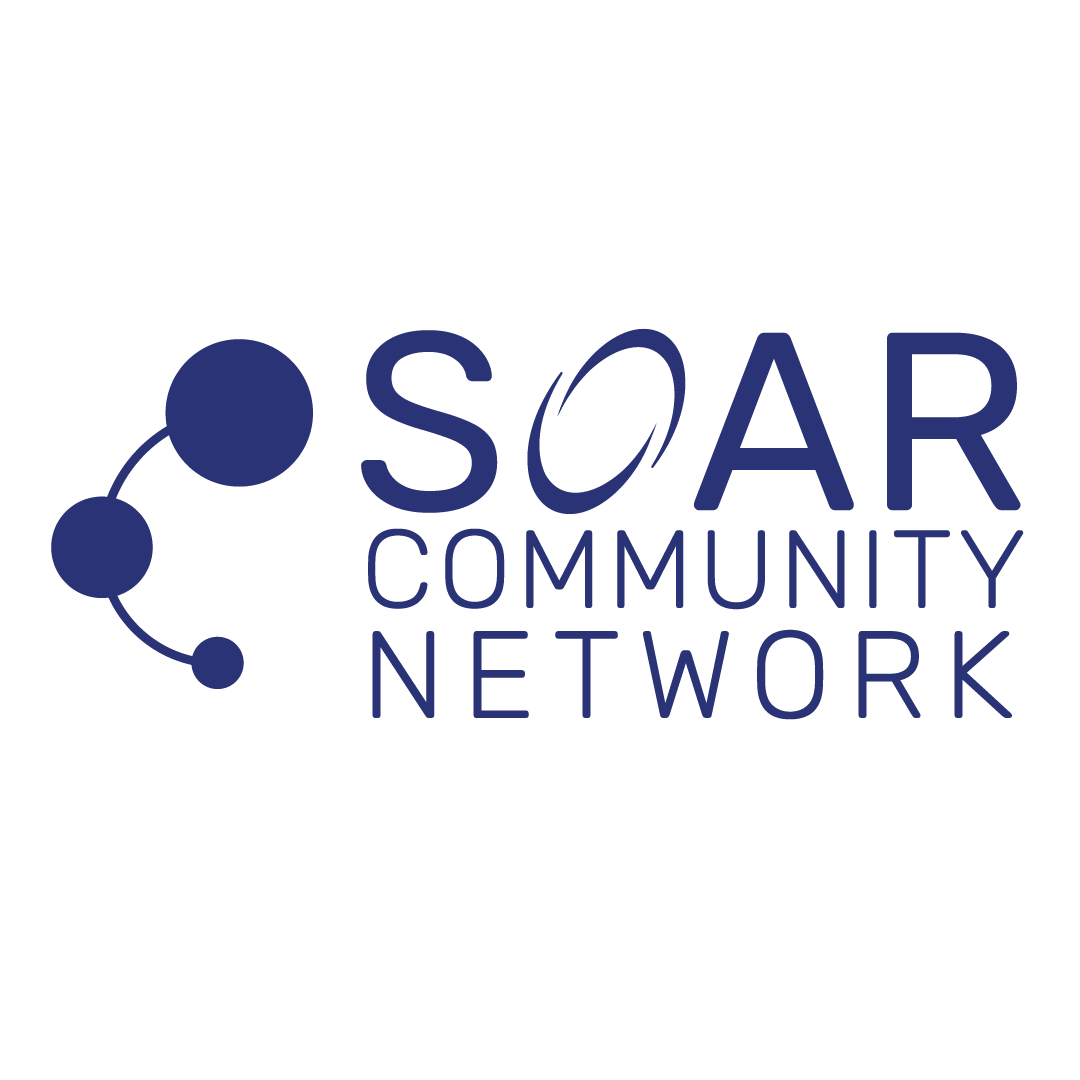Introduction
Young people are filled with ideas, energy, and a strong sense of justice—but they are often overlooked as capable contributors to solving real-world problems. Many leadership programs are focused on compliance, academic performance, or short-term behavior, rather than long-term identity, purpose, and impact.
Without meaningful leadership development, youth are left without the tools to use their voice effectively, navigate conflict with empathy, or take initiative in their schools, workplaces, and communities. This gap not only limits their own potential but also delays the kind of change our communities urgently need.
Solution
Empowering young people to lead is one of the most powerful investments we can make in long-term community wellbeing. At SOAR, we support youth leadership development through experiences that are reflective, relational, and rooted in purpose.
These programs focus on:
- Building self-awareness using behavioral tools and values clarification
- Creating Purpose Maps to connect life experiences with future goals
- Developing practical leadership skills like communication, decision-making, and conflict resolution
- Providing access to mentorship, coaching, and peer leadership opportunities
- Encouraging action through service projects, creative expression, and public speaking
These experiences show young people that leadership is not just for adults or professionals. It is for anyone who wants to make a difference—starting now.
Action
If you are an educator, nonprofit leader, parent, or mentor, here are ways you can activate leadership potential in the youth you serve:
- Make Leadership Personal: Support young people in understanding their strengths, values, and motivations. Use tools like those found on our C3 Tools page to spark self-reflection and confidence.
- Guide Them Through Purpose Mapping: Help youth tell their story and identify how their lived experiences have shaped who they are. Then connect that story to future aspirations and leadership goals.
- Create Real-Life Leadership Opportunities: Invite young people to lead meetings, organize projects, mentor peers, or speak at events. Leadership skills grow through practice, not just theory.
- Connect Them with Mentors: Facilitate relationships with adults and older youth who can model healthy leadership and offer support through transitions and challenges.
- Celebrate Their Voice: Give youth space to express what they care about and honor their perspective. Whether it’s through art, advocacy, writing, or action, youth leadership flourishes when their voice is respected.
Conclusion
Today’s young people are tomorrow’s entrepreneurs, educators, advocates, and civic leaders. When we invest in their leadership development now, we equip them to change their own lives—and the communities they care about—for the better.
This is at the heart of SOAR’s C3 Framework: cultivating compassionate, cohesive, and collaborative leadership at every level, starting with those who are often the most ready to lead, if only someone would believe in them.
To learn more about youth leadership development strategies or bring our tools into your program or school, visit our Contact page.

